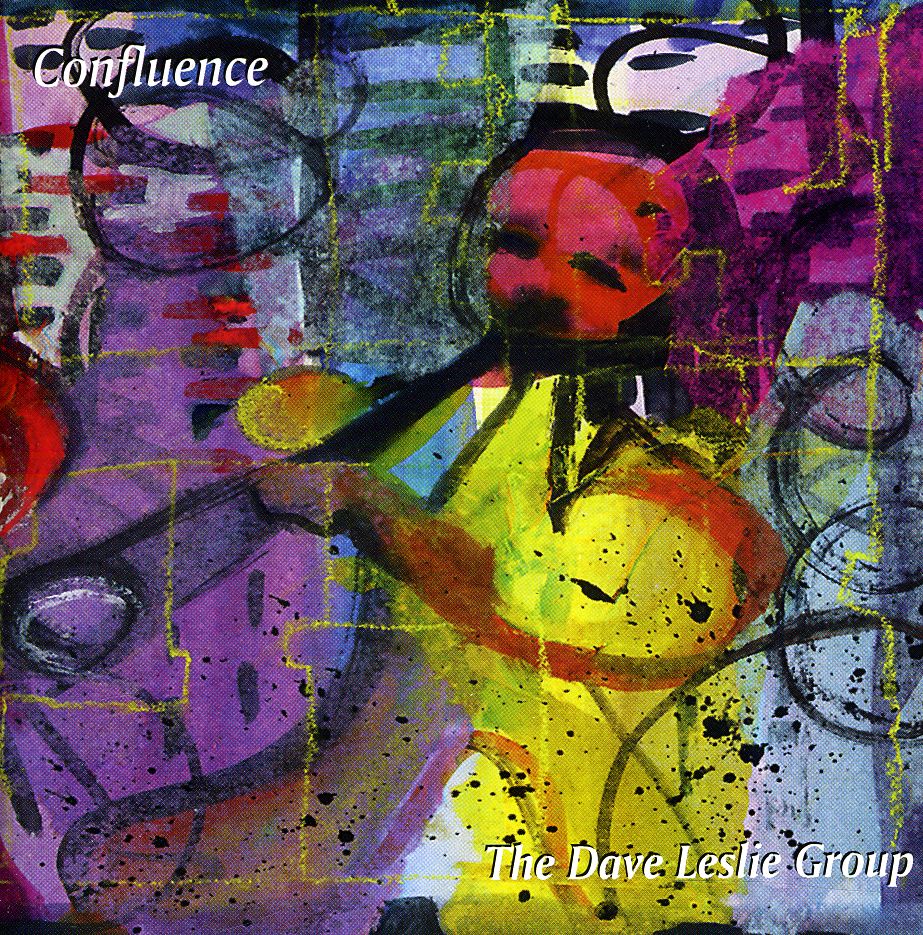
description
0Japanese homes speak to the soul and provide a contemplative environment from which to experience the world. Japan Style offers rare glimpses into twenty exquisite traditional homes in Japan. The lavish photographs in this volume demonstrate how Japanese design achieves a timeless tranquility using a few very simple, natural elements. Wood is the preferred building material since it is considered a "living" material; the country's Shinto and Zen Buddhist roots have inculcated a deep respect for nature. The houses in this book are a wonderful reminder that there are alternatives to "big is beautiful"--and that neither timelessness nor modernity has to be about using cold steel, glass and concrete. The wabi-sabi ideal, translated loosely by Frank Lloyd Wright as a "rusticity and simplicity that borders on loneliness," is considered the epitome of sophistication in Japanese interior design. The houses in this book invite us to rethink the wisdom of our hurried modern lifestyle and return to a simpler, slower life. The quintessential Japanese aesthetic can be seen in a 100-year-old minka farmhouse, an old merchant's machiya townhouse in Kyoto, a sprawling country Samurai villa, and in a modern seaside cottage. This book offers insights for architects and homeowners alike by providing inspiring and surprising alternatives, relevant to the design of homes anywhere in the world today.
member goods
No member items were found under this heading.
listens & views

OUVERTURE DE BROCELIANDE & OTHER ...
by LAMBERT / HOT SPRINGS MUSIC FESTIVAL / ROSENBERG
COMPACT DISC$18.49
Return Policy
All sales are final
Shipping
No special shipping considerations available.
Shipping fees determined at checkout.






